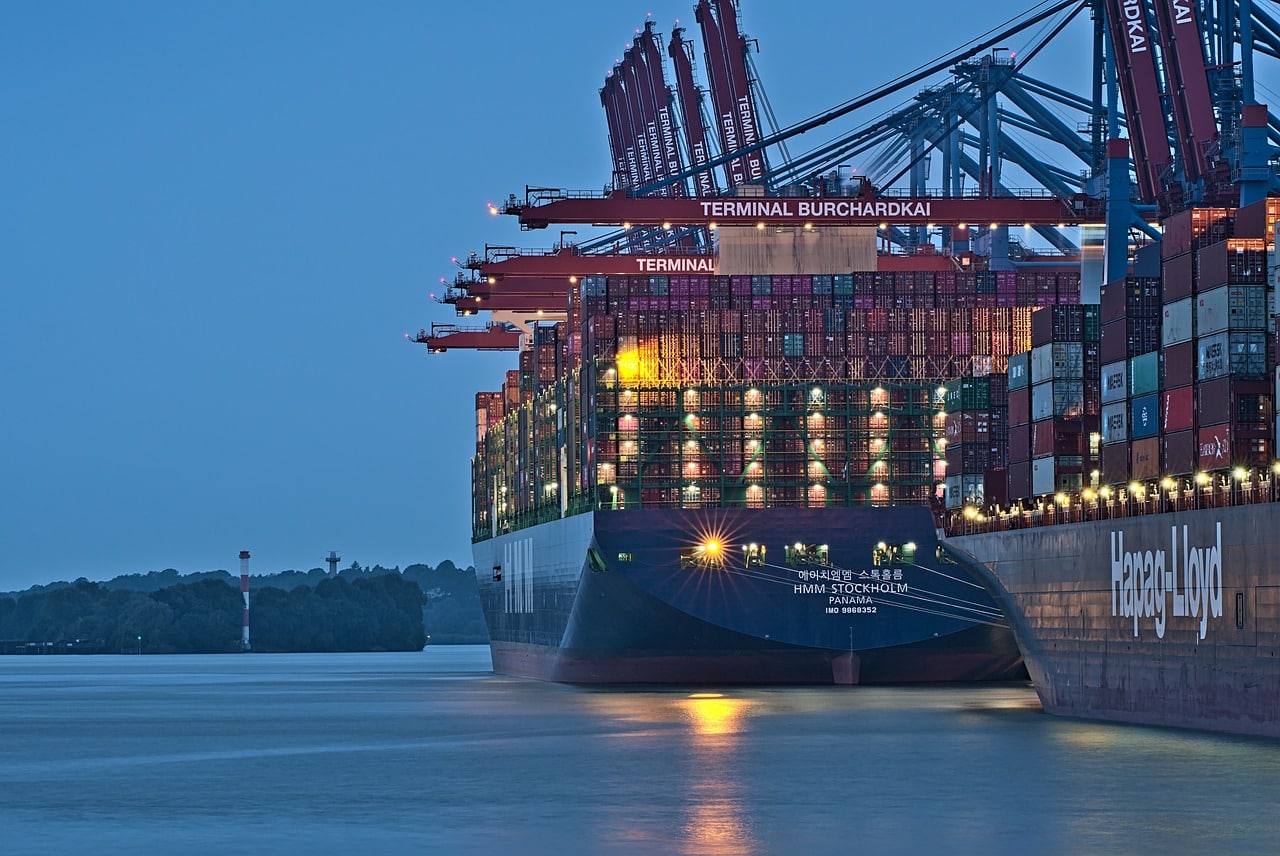
Agrifood: how much climate and geopolitics impact transforming countries like Italy
The intersection between agrifood, climate and geopolitics is rewriting the script of agriculture and food in Italy. In the context of a growing demand for products such as wheat, barley, soy, meat, vegetable oils, sugar and nuts, it is clear that our country is increasingly dependent on imports. In fact, the requirement exceeds national production in many of these supply chains.
A rather interesting picture of the last ten years is that outlined by the VII Forum Agrifood Monitor of Nomisma-Crif.
Even before the data, it is necessary to remember how much climate and geopolitics actually impact agrifood. Let’s think for example of the close correlation between climate and agriculture, a rather intuitive connection if we think that crops need soil, light, heat and water to grow and that any variations in these balances have direct impacts on the growing season and subsequently on the harvest. A clear example is the drought that affected 2022 and whose ghost hovers over this early autumn too. But not only that: temperature changes favor the growth of weeds and the proliferation of harmful insects, compromising agricultural production.
Likewise, the geopolitical situation has an enormous weight on the sector: the war in the center of Europe that has been fought over the last year and a half no longer weighs exclusively on the industrial, raw materials or finance sectors, but also on the production of foodstuffs. To exercise one’s power and influence the policies of enemy countries, one focuses on the primary sector. Food self-sufficiency and increased production yields therefore become a strategic theme for many states, underlining the centrality of the agricultural sector in the economy of each country.
«There is a big problem of strategic autonomy», underlined Paolo de Castro, MEP and president of the Nomisma scientific committee.
Although agricultural production and internal consumption remain stable, Italian exports are growing by 70%, placing our country in seventh place in the world ranking of exporters in the food & beverage sector. The problem is that this only applies to some categories, such as wine, fruit and poultry meat (we are also getting closer to self-sufficiency for milk). The weak point of our country is a growing dependence on imported agricultural raw materials: Italy, a transforming country, remains very vulnerable because it is still too dependent on imports.
The intersection between agrifood, climate and geopolitics is rewriting the script of agriculture and food in Italy. In the context of a growing demand for products such as wheat, barley, soy, meat, vegetable oils, sugar and nuts, it is clear that our country is increasingly dependent on imports. In fact, the requirement exceeds national production in many of these supply chains.
A rather interesting picture of the last ten years is that outlined by the VII Forum Agrifood Monitor of Nomisma-Crif.
Even before the data, it is necessary to remember how much climate and geopolitics actually impact agrifood. Let’s think for example of the close correlation between climate and agriculture, a rather intuitive connection if we think that crops need soil, light, heat and water to grow and that any variations in these balances have direct impacts on the growing season and subsequently on the harvest. A clear example is the drought that affected 2022 and whose ghost hovers over this early autumn too. But not only that: temperature changes favor the growth of weeds and the proliferation of harmful insects, compromising agricultural production.
Likewise, the geopolitical situation has an enormous weight on the sector: the war in the center of Europe that has been fought over the last year and a half no longer weighs exclusively on the industrial, raw materials or finance sectors, but also on the production of foodstuffs. To exercise one’s power and influence the policies of enemy countries, one focuses on the primary sector. Food self-sufficiency and increased production yields therefore become a strategic theme for many states, underlining the centrality of the agricultural sector in the economy of each country.
«There is a big problem of strategic autonomy», underlined Paolo de Castro, MEP and president of the Nomisma scientific committee.
Although agricultural production and internal consumption remain stable, Italian exports are growing by 70%, placing our country in seventh place in the world ranking of exporters in the food & beverage sector. The problem is that this only applies to some categories, such as wine, fruit and poultry meat (we are also getting closer to self-sufficiency for milk). The weak point of our country is a growing dependence on imported agricultural raw materials: Italy, a transforming country, remains very vulnerable because it is still too dependent on imports.








